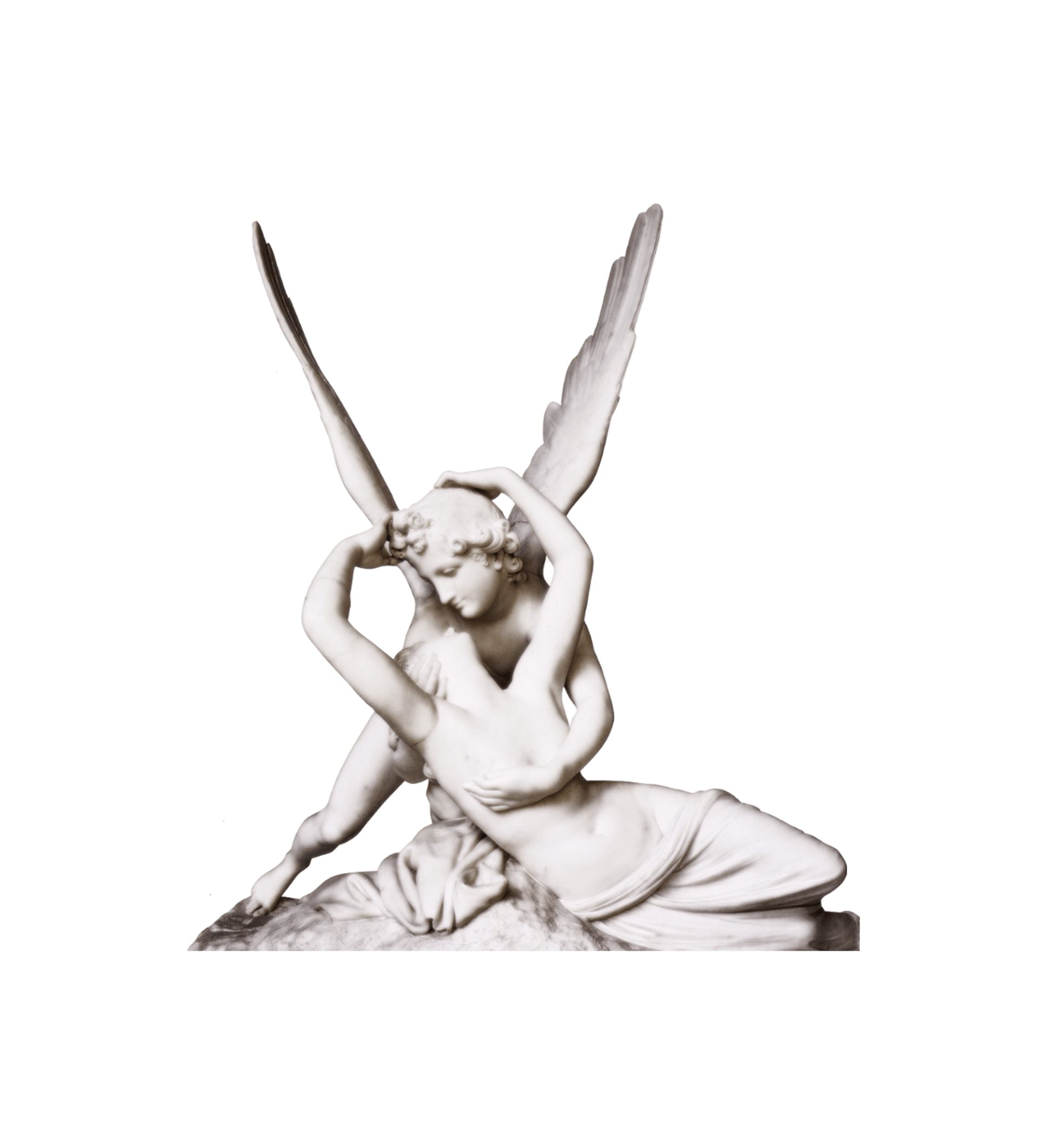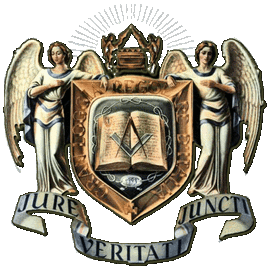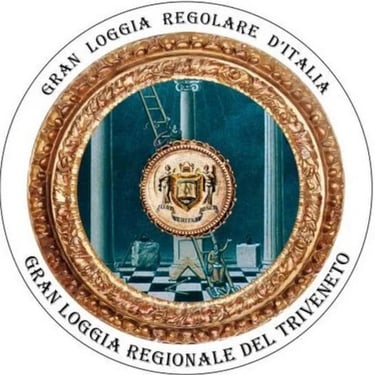
GLRI, the Regular Grand lodge of Italy.
1993 was the year in which the political and social system that the country had lived and made its own for over fifty years collapsed in Italy, and even Freemasonry, at the time mainly represented by the Grand Orient of Italy, had not remained uninvolved in this unusual and virulent Italian revolution.
At that time of particular tensions and need for new representations, some authoritative brothers decided to distance themselves from their lodges of belonging and, associating themselves among themselves, constituted the Regular Grand Lodge of Italy, as the "sole, independent, undivided, responsible, autonomous and sovereign authority over the entire territory of the Italian Republic for the government of the degrees of pure and ancient universal Freemasonry". The new Grand Lodge had also identified its motto that appeared inscribed within the same coat of arms: "iure veritati iuncti". Law and truth together.
Under the auspices of this challenging statement, the history of the Regular Grand Lodge of Italy thus began.
A few days later, from the new Roman headquarters at Via Flavia 72, the reasons for the foundation of the new Regular Grand Lodge of the Ancient, Free and Accepted Masons of Italy were made public. "With it, for the first time in our country, pure ancient Freemasonry begins, with the deep and motivated conviction that its universal principles have been definitively and irremediably violated with the consequence that Freemasons have often acted on the basis of rules that had nothing or little to do with Freemasonry in spite of that moral improvement that everyone has the duty to implement in the depths of their own conscience. The truth is that when the fundamental principles, inspiring practical conduct, degenerate, everything becomes possible. This is how false perspectives, deviations, the search for something that has nothing to do with Freemasonry are born. Instead, the project of a 'new Freemasonry' does not refer to a different Masonic doctrine, since in Freemasonry everything has already been written and nothing must be invented, but it is that of knowing how to read the book of the authentic secular Masonic tradition having a clear sense of the return to the origins, and from this constitutional choice derive obligations that morally bind all its members. For the Regular Grand Lodge of Italy, however, returning to the origins meant taking inspiration from that Anglo-Saxon model of Freemasonry that has spread throughout the world since the beginning of the 18th century".
The courageous choice of the new Regular Grand Lodge of Italy found immediate consensus not only among those who belonged to Freemasonry but also among civil society where there were many who, regardless of what had been observed in the past about Freemasonry in our country, asked to be admitted to the new Institution to share its ideals.
The new position of the Regular Grand Lodge of Italy was also rewarded on both a European and international level as attested by the incessant and growing flow of the many "recognitions" of the new Italian Masonic reality. The United Grand Lodge of England, 'mother' of world Freemasonry, on the occasion of the quarterly communication of 8 December 1993, conferred its own coveted recognition, taking it away from the Grand Orient of Italy. The decision of the ancient English group was followed, shortly after, also by the French National Grand Lodge, the Grand Lodge of Ireland and the Grand Lodge of Scotland. Subsequently, the Grand Lodge of the State of Israel and the Grand Lodge of Turkey sided with the new Italian group. Then it was the turn of the Grand Orient of Brazil, the Grand Lodge of Cameroon, the Grand Lodge of Burkina Faso, the Grand Lodge of Benin, the Grand Lodge of the Ivory Coast, the Grand Lodge of Senegal, the Grand Lodge of Togo and other Grand Lodges.
The first period, characterized by the Grand Mastership of Prof. Giuliano Di Bernardo, professor of Philosophy of Science at the University of Trento, was followed on 15 December 2001, in the presence of representatives of most of the world's freemasonries, by the unanimous vote of the new Grand Master of the Regular Grand Lodge of Italy, the forty-one-year-old Dr. Fabio Venzi, a Roman of Tuscan descent, a sociologist with widespread interests in the historiographical sector, having also worked as a historical reviewer for essay series in some publishing houses, including in English and German.
The new election has brought about a new enthusiasm within the Regular Grand Lodge of Italy, which has been followed by a new wave of important recognitions from other international Freemasonries with which the new Grand Master has continued to maintain relationships increasingly inspired by the ancient ideals of the traditional Masonic Order. The Grand Lodge of Norway and that of Finland have sent their representatives, together with the Grand Lodge of Estonia, the Grand Lodge of Cuba, the Grand Lodge of Peru, the Grand Lodge of Ecuador, the Grand Lodge of Paraguay, the Grand Lodge of Malta and the Grand Lodge of Madagascar.
These new important recognitions have also been joined by those of the American Freemasonries: the Prince Hall Grand Lodge of Massachusetts followed by that of the District of Columbia (Washington DC), Michigan, Maryland, Oregon, Idaho and Montana, Washington and Jurisdiction, Pennsylvania, the Caribbean and Jurisdiction and Connecticut. This triumph of recognitions has not been ignored even by the new continent whose Grand Lodge of South Australia and Northern Territory has exchanged its representatives with the Italian Freemasonry.
In addition to the significant and incessant international recognitions, the numerous meetings on the national territory have followed ever more quickly, to which the Grand Master Fabio Venzi has never failed to contribute and be present.
The new Grand Mastery has thus been characterized by the inaugurations of many new lodges and the consecration of dozens of temples in the various Italian regions, whose ceremonies have been attended by an ever-increasing number of representatives of foreign Freemasonries with the common intent of contributing to the shared project of a Freemasonry inspired by traditional principles, but open and modern, bearer of moral demands and values, but perfectly integrated and dialoguing with the whole civil society and its territory.



